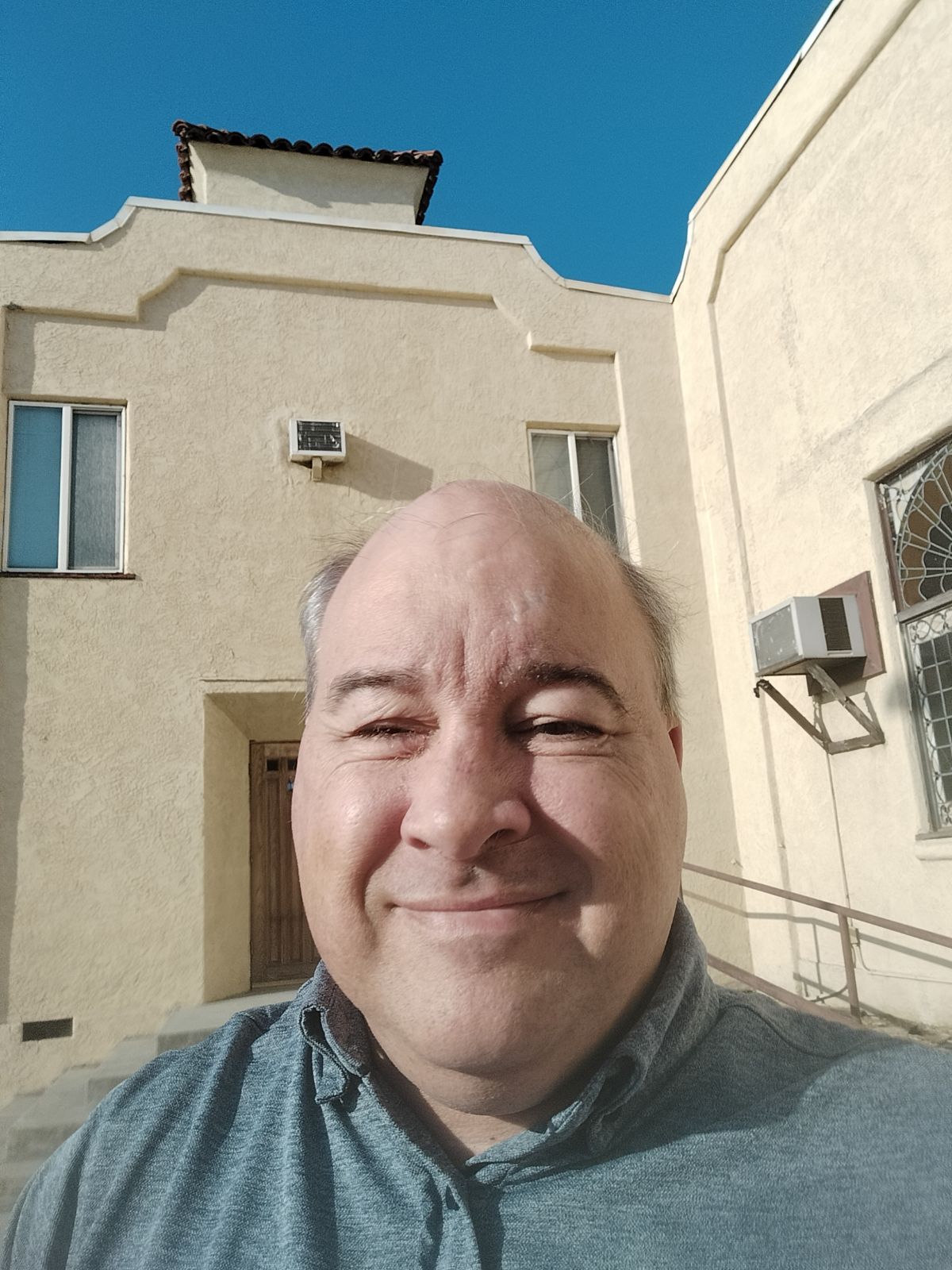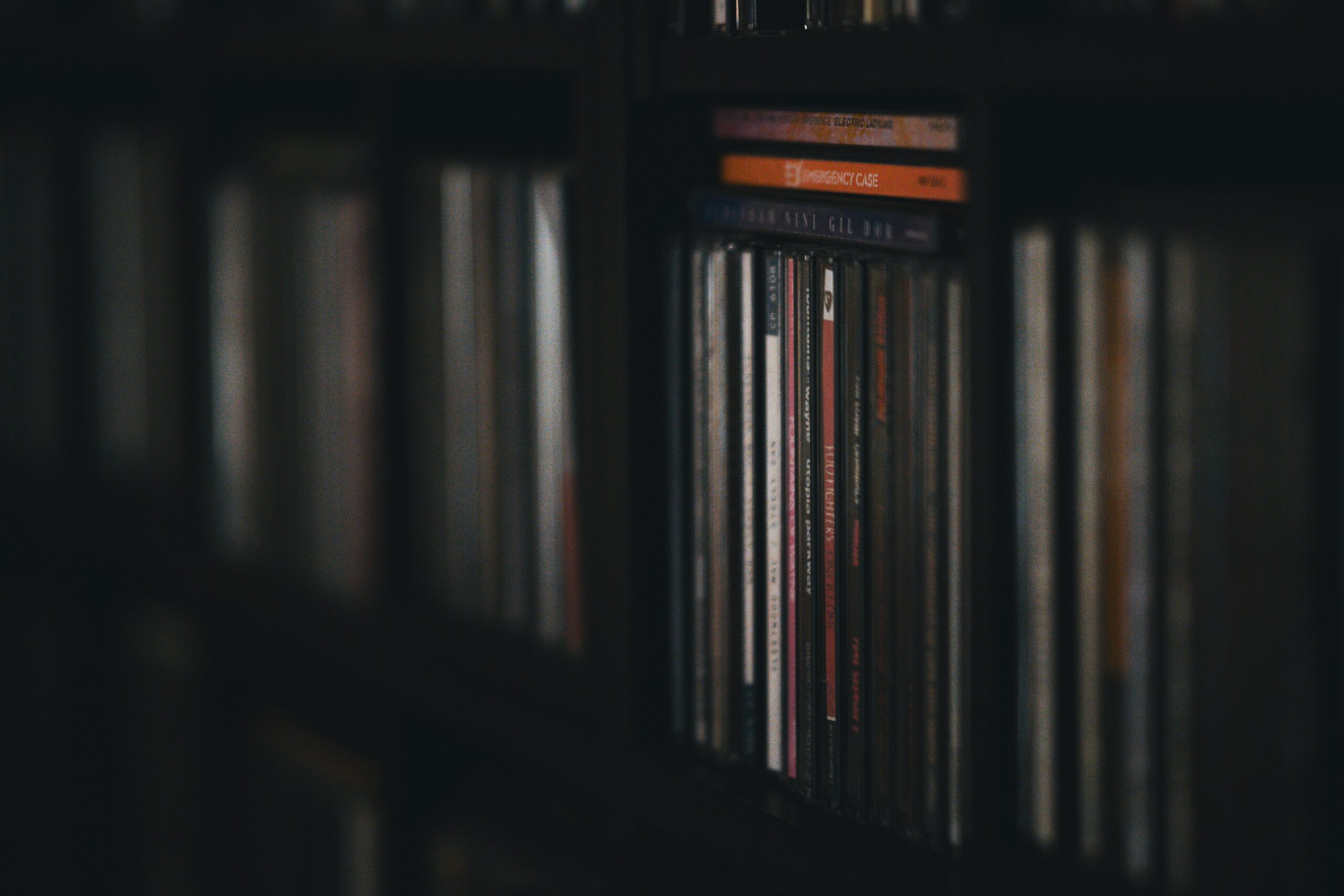I’ve always been someone who thinks a lot about his legacy. What will people say about me when I’m gone? What lessons will my children hold on to? How have I shaped the lives of those around me? Will anyone know anything about me after my kids are gone?
Have I made a difference?
These questions hit me square in the gut a few years ago when I found myself going through my parents’ things in their home after my mom passed away. My dad had died 3 years before, and now all of their possessions were left to me, their only child.
As I went through the artifacts they left behind in their home, I was left with more questions than answers. I wondered if any of Mom’s jewelry had any significant meaning. I wondered who the pocket watches I found belonged to. My dad never wore a pocket watch, so these must have belonged to someone else, and he kept them. Who? I’ll probably never know.
My parents didn’t collect much—certainly not pocket watches. When you collect things, you collect each item for a reason. Often, things are collected to commemorate a visit to a location or to remember a trip you took. Things are also collected because of how rare they are or how much money they are worth.
These things were artifacts of their lives – evidence that they existed outside of people’s memories – memories which will be gone when the person they belong to dies.
This, then, led me to ask myself what my own artifacts would be. Someday, my kids will be faced with the same task of going through my things. What would they learn about me from the items I left behind?
When you first meet someone, you can learn a lot about who they are by the things they collect. If I peruse someone’s bookshelves, I get a sense of what they know or the topics they enjoy. The same could be said for their music collection.
The biggest love of my life is music. Music is different from the pocket watches I found in the hope chest. Pocket watches don’t say anything unless there is something engraved on them or made part of their design. But music… music SAYS something. Even though there is nothing written on it.
What Do I Want My Legacy To Be?
Fathers are supposed to teach their children about the world around them. Because I love music so much, I felt it was my duty to expose my kids to music they wouldn’t encounter in the modern popular world. I wanted them to hear – and hopefully like – the music I grew up with. I didn’t call it “legacy” back then, but that’s what it was. I wanted my kids to know more about their father through the music he loved.
A person’s legacy is something others are supposed to live by and even emulate. What are the things I hope my kids will learn from me as seen through the lens of the music I loved? That is what this is all about, isn’t it?
First off, the music you listen to should reflect what you believe in. If a song is about something you don’t hold to be true, you should think twice before belting out the lyrics. I’m a married man. And I don’t drink. So, I’m not going to sing songs about going to a bar, getting drunk, and hooking up with someone afterwards, no matter how much the song makes me tap my toes (sorry, Mr. Buffett).
That doesn’t mean all of my music has to be Christian music. Secular artists still talk about things we can all relate to. But my younger days of drooling over teenage groupies are behind me. Especially since I have a teenage daughter.
The second lesson I hope my legacy shows is that a diversity of musical styles is important. My collection currently has selections from various classical composers, jazz musicians, thrash metal, Latin, hip hop, techno, blues rock, and bluegrass. Some genres I have more of and know more about. But I love each one of these genres. Each one of them uses a different musical palette and speaks to me in a different way. Musical diversity is good for you. When you listen to metal for a while, then jazz, and back to metal, the differences and definitions stick out more. And you learn more about each of the genres. And maybe see how they sometimes connect.
Finally, don’t be ashamed of what you like. If it speaks to you, then listen to it. If it makes you get up and dance, then crank it up. No matter how “simple” the music is. Or out of style. Or isn’t appreciated by the circles you find yourself in. Be an ambassador for what you like. And if others don’t like it, so what?
What Will They Get?
Here’s the thing. At the time I was going through my parents’ possessions, I had surrendered so much of my life to digital things. A huge chunk of my books are on Kindle now. And all of my music was digital. I had donated my CDs years ago to make up space (which was quickly filled with meaningless things). Even the love letters I had written to my wife (then girlfriend) were digital. Emails. That were to and from email accounts that no longer existed.
Touching my parents’ possessions made me feel closer to them. I imagine them holding these things or onstage as a teenager receiving the award they had kept all these years.
I realized that my own legacy had been reduced to a series of usernames and passwords. My family definitely knows how much music means to me. But if my kids wanted to interact with the music I liked when I was gone, they would have to have access to my Spotify account. They would see my interests by looking at my playlists. But they would only have access as long as they continued to pay the subscription.
As soon as I got home from that trip, I decided I was going to buy physical music again. I did this for a few different reasons, but legacy was a big part of that. I pictured my kids flipping through my music collection and reminiscing about the past – about how their dad used to blast jazz while taking his shower before bed, about how he used to play System of A Down through the speakers in their room to wake them up in the morning if they wouldn’t get out of bed. About how Dad took them to their first Weird Al concert. All of these memories would be solidified by touching the things that used to belong to me.
So, I started buying CDs again. I went back and forth on whether my collection should be vinyl or CD-focused. CDs won out in the end for reasons I won’t get into here. But this whole concept works with whatever medium you choose for your music legacy.
How Will They Know?
Another thing I have had to grapple with since I took possession of my ancestral home is the burden that someone’s things place on the people who come after them. See, my mom was a bit of a hoarder. Not like the ones you see on TV with literal garbage, rotting food, unwashed dishes, and rusty junk. Mom’s house was clean. She just had a LOT of stuff. Clothes, craft supplies, wrapping paper, toys she had gotten at thrift stores to give as gifts, Christmas trees (yes, she had more than one). And I had to go through all of it by myself (only child, remember).
I hope that my music collection will not be seen as a burden to my family when I’m gone, but that it will speak to who I was. I think collecting music is different than collecting dolls or figurines, or comic books. I am not buying CDs for their value; I buy music because something about it connects with me.
Just having physical possession of an item isn’t enough to know the story behind it. My mom had a china cabinet full of little knick-knacks that I know nothing about. Even the cabinet itself, I know nothing about. An appraiser will tell me it isn’t worth anything, but maybe there is a story behind it that makes it more valuable to our family. Maybe it belonged to my great-grandmother. Maybe one of my uncles built it from scratch. I have no idea and never will.
I pictured my kids in the same situation with my music collection. I pictured them wondering why I owned a particular CD. My CDs help to tell the story of who I am. I don’t collect CDs for their value; every CD I own means something to me.
Just coming across a CD in my collection would leave you with a lot of unanswered questions. Most CDs have 10-12 songs on them. Which songs did I like and why? Did I like all of the songs on the disc? Even the ones that seem to be at odds with how I lived my life?
This is where provenance comes in. Provenance is usually associated with higher-end collectibles to establish value. None of the music I collect has monetary value. But it has storytelling value. I would have loved to have found a note that told me about the pocket watches my dad kept. Wouldn’t that be helpful for my kids if they went through my collection after I’m gone?
That’s why I have started keeping a notebook telling about each of the CDs in my collection. Each entry has the approximate date I originally received it on, when I repurchased it (I got rid of all of them once, remember), any thoughts or special memories associated with the album, what my favorite songs were, what ones I skipped (if any), and why. When I buy used CDs, I always wonder about these things and it’s previous owner. Maybe my kids will wonder the same things about me.
Tell Them What It Meant To You
Most people probably don’t think of the music they listened to as part of their legacy. But if something was important to you, then it’s part of who you are. Take the time to share it with others while you still can. And write it down for those who will come later, so they can learn from you for generations to come.

David is an author and speaker with Legati Christi where he has written about and spoken on multiple apologetic and theological topics for the past 6 years. He recently launched Theology In Music as a way to combine his love of theology with his other passion in life – music.

Leave a Reply